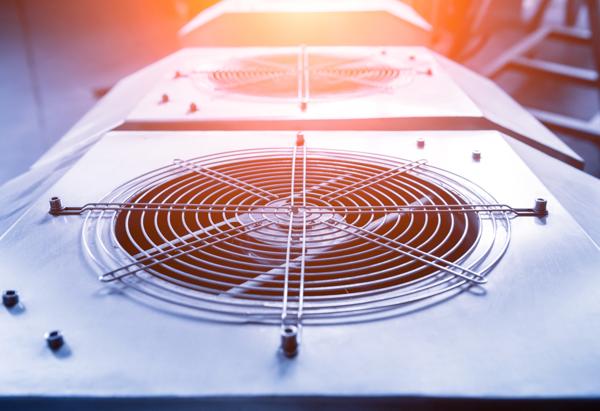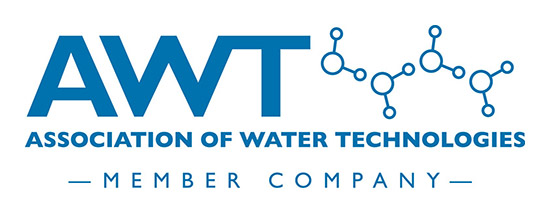
What is Closed Loop Treatment?
Closed loop treatment in water systems refers to the management and maintenance of water circulating within a closed-loop system, such as those used in heating, ventilation, and air conditioning (HVAC) systems, or in industrial cooling and heating processes. Unlike open-loop systems, where water is exposed to the atmosphere and subject to evaporation, a closed-loop system is sealed and recirculates the same water continuously.
In these systems, water is used to transfer heat from one part of the system to another, making it crucial to maintain the water’s quality to ensure the system’s efficiency and longevity. Treatment involves the use of specific chemicals and monitoring practices to prevent corrosion, scaling, and microbiological growth within the system.
Why is Closed Loop Treatment Important?
- Corrosion Prevention
- Issue: Corrosion is one of the most significant threats to closed-loop systems. Even a small amount of dissolved oxygen or other corrosive agents can lead to the oxidation of metal components, resulting in leaks, reduced heat transfer efficiency, and potential system failures.
- Solution: Management typically includes corrosion inhibitors that form a protective layer on the metal surfaces, preventing oxidation and extending the life of the system.
- Scale Control
- Issue: Over time, minerals dissolved in the water can precipitate out and form scale on the interior surfaces of the pipes and heat exchangers. Scale acts as an insulating layer, reducing heat transfer efficiency and increasing energy costs.
- Solution: Treatment chemicals are added to the system to prevent the formation of scale, ensuring that heat transfer remains efficient and that the system operates within its designed parameters.
- Microbiological Control
- Issue: Although less common than in open systems, microbiological growth can still occur in closed loops. Bacteria, algae, and other microorganisms can form biofilms, which not only reduce heat transfer efficiency but can also contribute to corrosion.
- Solution: Biocides and other microbiological control agents are used to prevent the growth of harmful organisms, maintaining the cleanliness and efficiency of the system.
- System Longevity and Reliability
- Issue: Without proper treatment, closed-loop systems are prone to gradual degradation, leading to unplanned downtime, frequent maintenance, and the premature failure of critical components.
- Solution: A well-maintained treatment program significantly extends the lifespan of the system, reduces the need for repairs, and ensures reliable operation over the long term.
- Energy Efficiency
- Issue: Scaling and corrosion can severely reduce the efficiency of a closed-loop system, requiring more energy to achieve the same level of performance. This not only increases operational costs but also puts additional strain on equipment.
- Solution: By preventing scale and corrosion, closed loop treatment helps maintain optimal energy efficiency, reducing operational costs and environmental impact.
- Cost Savings
- Issue: The financial impact of inadequate closed-loop treatment can be substantial, including higher energy bills, more frequent equipment replacement, and increased maintenance costs.
- Solution: Investing in a comprehensive closed loop treatment program is cost-effective in the long run, helping to minimize these expenses by maintaining the system’s performance and preventing costly issues.
Conclusion
For technical managers, ensuring that closed-loop systems are properly treated is not just a matter of maintenance but a crucial aspect of operational efficiency and cost control. By implementing a robust closed loop treatment program, you can protect your system from corrosion, scale, and biological fouling, thereby extending its life, improving energy efficiency, and reducing overall costs. In an industry where reliability and efficiency are paramount, proper closed loop treatment is an essential part of maintaining your system’s integrity and performance.
Ensure Peak Efficiency with Expert Closed Loop Treatment Services
Don’t let corrosion, scale, or biofouling compromise your closed-loop systems. Protect your investment and maintain optimal performance with our specialized Closed Loop Treatment solutions. Our team of experts is ready to help you design, implement, and maintain a comprehensive treatment program tailored to your system’s unique needs.
learn how we can help you extend the life of your equipment, reduce energy costs, and prevent costly downtime.

